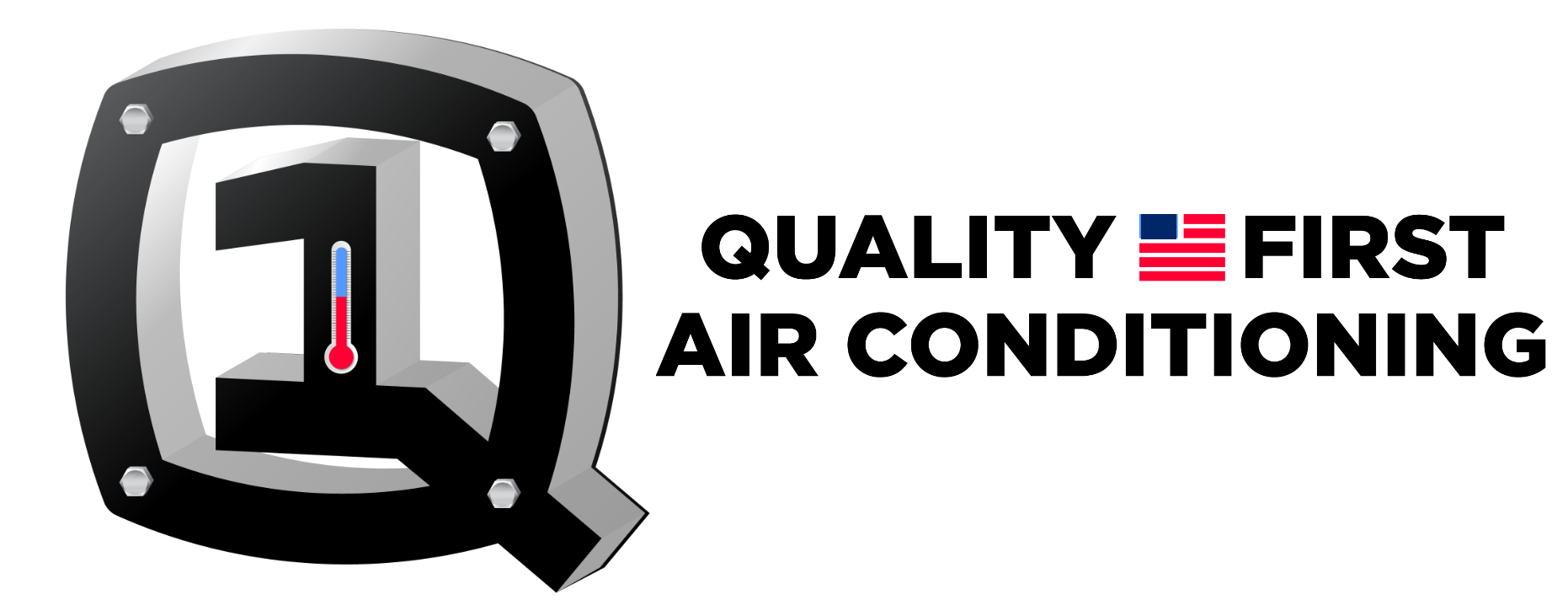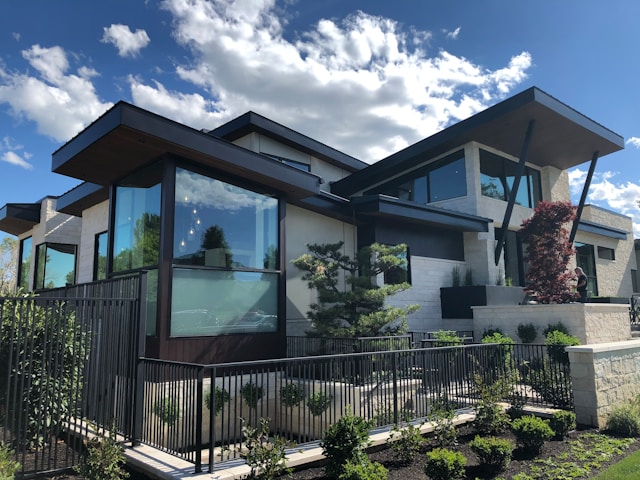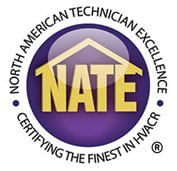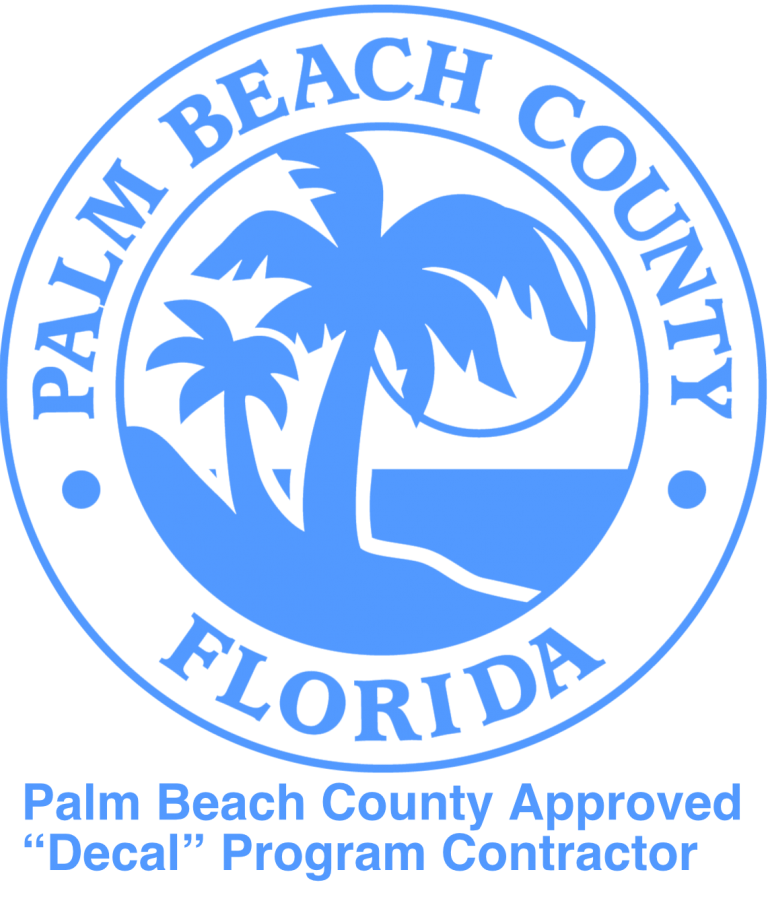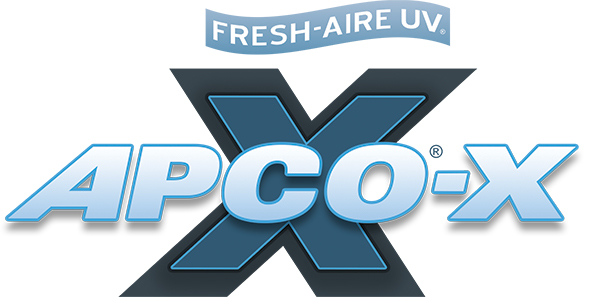Want to make sure your air conditioning unit stays in top shape for longer? We’ve got you covered! In this listicle, we’ll share simple yet effective tips to extend the lifespan of your air conditioner. From regular maintenance practices to easy troubleshooting tricks, these strategies will help you keep your AC running smoothly and efficiently. Say goodbye to unexpected breakdowns and hello to a cooler, more comfortable home with reliable air conditioning all year round.
Ready to learn how to give your AC unit some extra love and care? Scroll down for expert advice and practical tips on maximizing the lifespan of your air conditioner. Keep your cool and make the most out of your AC investment with these valuable insights!
Key Takeaways
-
Regular maintenance is crucial for extending the life of your AC unit. Schedule routine check-ups and cleaning to keep it running efficiently.
-
Ensure proper airflow by keeping vents unobstructed and maintaining a clear space around the outdoor unit for optimal performance.
-
Adjust air conditioning thermostat settings wisely to prevent unnecessary strain on the AC unit. Set temperature levels that are comfortable yet not overly taxing on the system.
-
Clean or replace filters regularly to maintain good air quality and prevent dust buildup that can hinder the AC’s efficiency.
-
Invest in professional inspections at least once a year to catch any potential issues early and ensure your AC unit is functioning at its best.
-
By following these steps, you can significantly prolong the lifespan of your AC unit and avoid costly repairs in the future.
1. Regular Maintenance
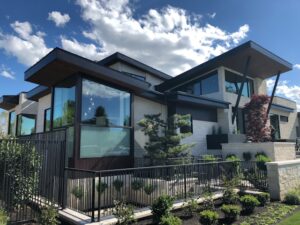
Regular HVAC maintenance is crucial for extending the lifespan of your AC unit and maintaining its efficiency. By scheduling routine check-ups and addressing minor repairs promptly, you can ensure that all components are functioning optimally.
Keeping a maintenance log to track service dates and filter changes allows you to stay organized and proactive in caring for your AC unit. This simple practice can help you identify any patterns or issues that may arise over time.
Addressing minor repairs promptly is key to preventing larger, more costly issues down the line. By fixing small problems early on, you can avoid major breakdowns that could result in expensive repairs or even the need for a full system replacement.
Regular air conditioner maintenance not only improves the quality of air in your home but also contributes to a more efficient environment. Proper maintenance can lead to significant energy savings by ensuring that your AC unit is running at its peak performance level.
In addition to extending the lifespan of your AC unit, investing in professional HVAC maintenance tune-ups for air conditioning can also help you save on HVAC maintenance costs in the long run. By keeping your system well-maintained, you can enjoy a comfortable indoor environment while maximizing energy efficiency.
2. Proper Airflow
Proper airflow is crucial for maintaining the efficiency and longevity of your air conditioning system. By ensuring unobstructed vents and registers, you can promote optimal air distribution throughout your home.
Regularly inspecting your ductwork for leaks and promptly sealing them can significantly improve airflow, preventing energy waste and reducing strain on your HVAC system.
Utilizing ceiling fans to assist with air circulation can help enhance comfort levels in your home while also decreasing the workload on your HVAC unit.
Improving airflow not only ensures a more comfortable indoor environment but also contributes to extending the lifespan of your air conditioning system. By taking these simple steps to maintain proper airflow, you can enhance energy efficiency, reduce utility costs, and prolong the life of your HVAC system.
3. Thermostat Settings
Efficiently managing your hvac system through optimized thermostat settings can significantly impact the longevity of your unit and reduce energy bills. By programming the thermostat to adjust temperatures based on your schedule, you can ensure that your hvac unit runs efficiently only when needed, saving energy and reducing wear and tear. Smart thermostats offer advanced features like learning usage patterns and optimizing performance for maximum efficiency.
Setting the thermostat at extreme temperatures can lead to overworking your hvac system, causing premature wear and potentially costly repairs. Avoid setting it too low in the summer or too high in the winter to maintain a comfortable environment without straining the unit unnecessarily.
During the air conditioning season, proper thermostat settings can make a substantial difference in energy consumption and overall system performance. By utilizing programmable thermostats or investing in smart technology, you can create a customized schedule that aligns with your lifestyle while maximizing energy efficiency.
Central hvac systems particularly benefit from well-managed thermostat settings, as they regulate temperature throughout the entire home. This ensures consistent comfort levels while preventing excessive strain on the system. With advancements in hvac technology, optimizing thermostat settings has become easier and more effective than ever before.
Incorporating these practices into your routine can extend the life of your hvac unit and contribute to long-term savings on energy bills. By prioritizing efficient thermostat settings, you not only enhance comfort but also promote sustainability and cost-effectiveness in your home.
4. Clean Filters
Regular maintenance of your air conditioning unit is crucial to ensure its longevity and efficiency. Clean filters play a significant role in keeping your AC system running smoothly. Here are some key points to consider:
-
Replace or clean filters monthly: This is essential, especially during peak usage seasons, to maintain proper airflow and prevent the system from overworking.
-
Choose high-efficiency filters: Opt for filters that can capture more dust and allergens. These filters not only improve indoor air quality but also reduce strain on your AC unit by trapping more particles.
-
Educate family members on the importance of clean air filters at home. By understanding the impact of dirty filters on the system’s performance, they can actively contribute to maintaining the AC unit.
5. Professional Inspections
Certified technicians conduct annual inspections to detect and resolve potential issues early on, prolonging the lifespan of your AC system. These professionals offer a thorough evaluation of both your indoor and outdoor units, ensuring optimal performance.
During these inspections, it is crucial that the technician checks the refrigerant levels in your AC unit. Proper refrigerant levels are essential for efficient cooling and can significantly impact the longevity of your system. Inspecting electrical connections is vital for safety reasons, as faulty connections can lead to malfunctions or even pose fire hazards.
Regular professional inspections not only extend the life of your AC unit but also enhance its overall efficiency. By addressing minor problems before they escalate, you can prevent costly repairs or premature replacements. Furthermore, maintaining your system through professional inspections can help you save on energy bills by ensuring that your AC operates at peak performance.
Incorporating annual professional inspections into your AC maintenance routine is a proactive approach to caring for your system. By entrusting certified technicians with this task, you invest in the longevity and efficiency of your AC unit, ultimately benefiting from a comfortable indoor environment year-round.
Final Remarks
Maintaining your AC unit doesn’t have to be complicated. By following these simple steps – regular maintenance, ensuring proper airflow, setting the thermostat correctly, cleaning filters, and scheduling professional inspections – you can significantly extend the life of your AC unit. Not only will these practices save you money in the long run by preventing costly repairs or replacements, but they will also ensure that your home stays cool and comfortable all year round. Remember, a well-maintained AC unit is an efficient AC unit.
Take charge of your AC unit’s longevity today by implementing these maintenance tips. Your future self will thank you for the effort you put in now. Keep cool and keep your AC running smoothly!
Frequently Asked Questions
How often should I perform regular maintenance on my AC unit?
Perform regular maintenance on your AC unit at least once a year to ensure optimal performance and longevity. Consider scheduling professional maintenance to address any issues promptly and keep your unit running efficiently.
Why is proper airflow important for my HVAC system’s lifespan and significant energy savings?
Proper airflow is crucial as it helps your AC unit operate efficiently, reducing strain on the system and extending its lifespan. Ensure vents are unobstructed, clean filters regularly, and consider using fans to improve airflow throughout your space.
What thermostat settings are recommended for prolonging the life of my AC unit and HVAC lifespan?
Set your thermostat to a moderate temperature that balances comfort and energy efficiency. Avoid extreme temperature fluctuations that can strain the system. Consider using programmable thermostats to regulate temperatures based on your schedule, optimizing energy usage and reducing wear on the unit.
How frequently should I clean or replace the filters in my AC unit?
Clean or replace your AC filters every 1-3 months, depending on usage and air quality. Dirty filters restrict airflow, causing the system to work harder and potentially leading to damage. Regular filter maintenance improves air quality, energy efficiency, and extends the life of your AC unit.
Why are professional inspections important for maintaining my AC unit’s longevity, HVAC lifespan, air conditioning, heat, and filter?
Professional inspections by HVAC experts help identify potential issues early, ensuring efficient operation and preventing costly repairs. Regular inspections can detect problems such as leaks, worn-out components, or inefficiencies, allowing for timely interventions to extend the lifespan of your AC unit.
